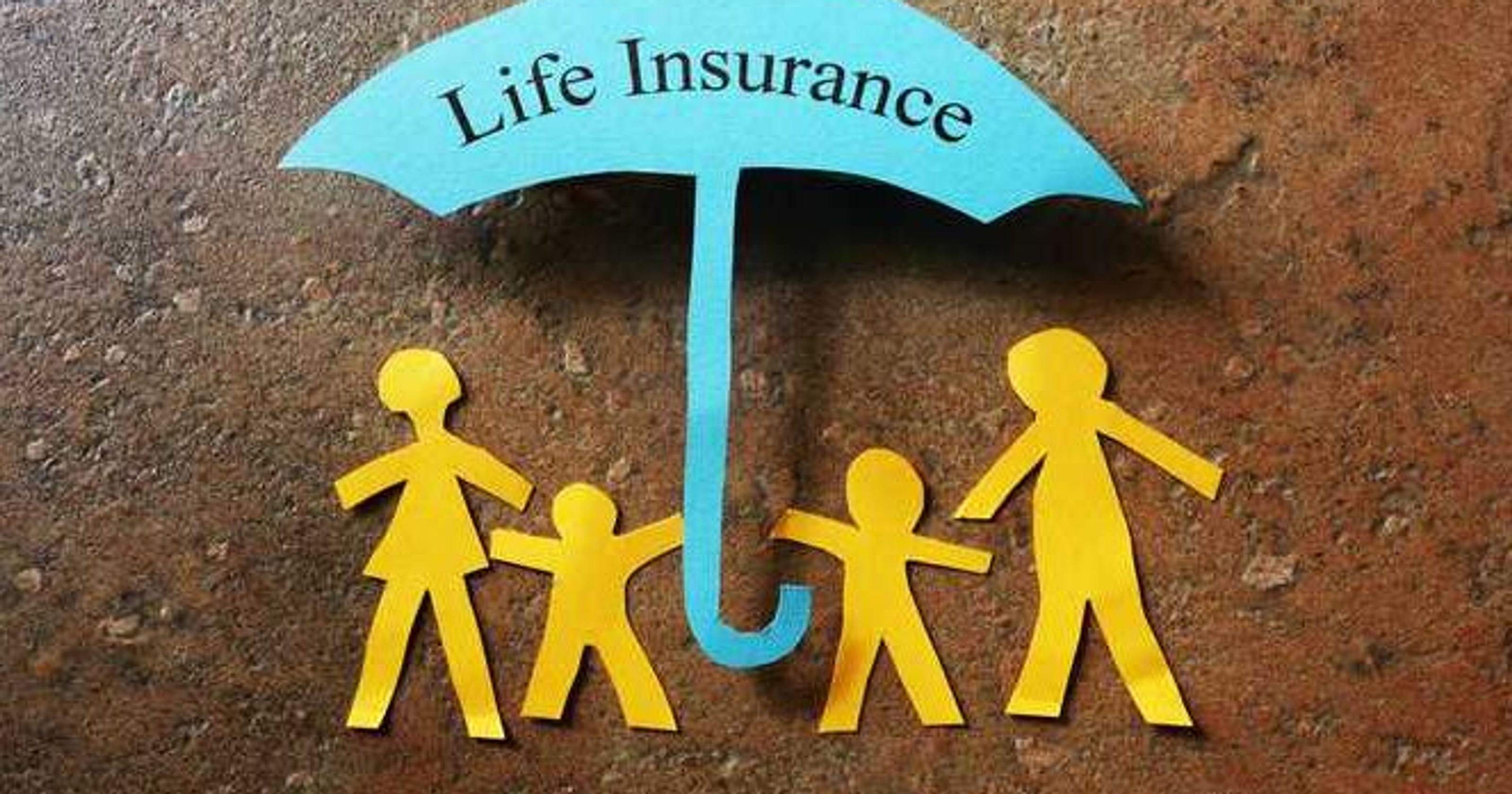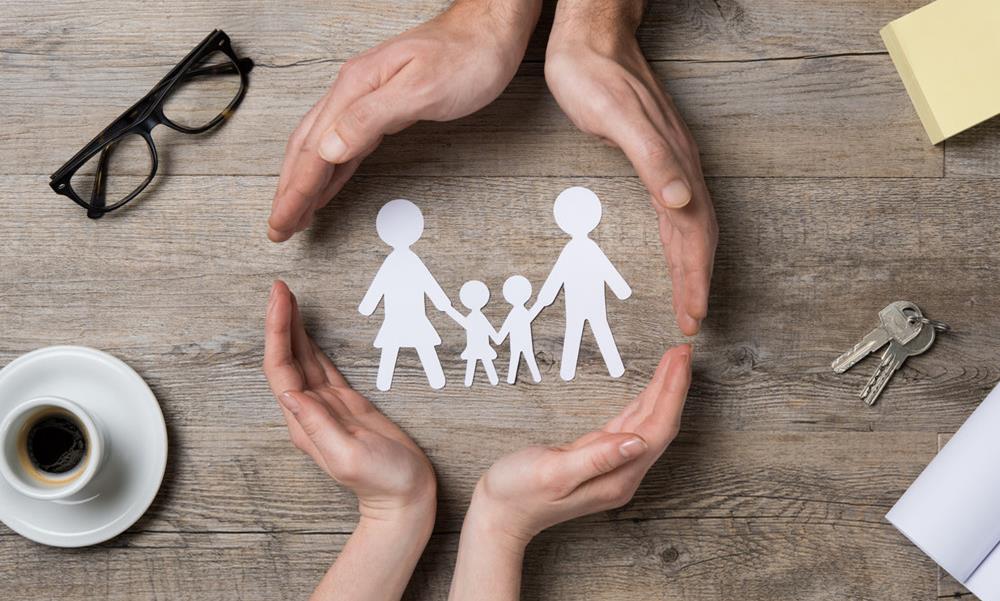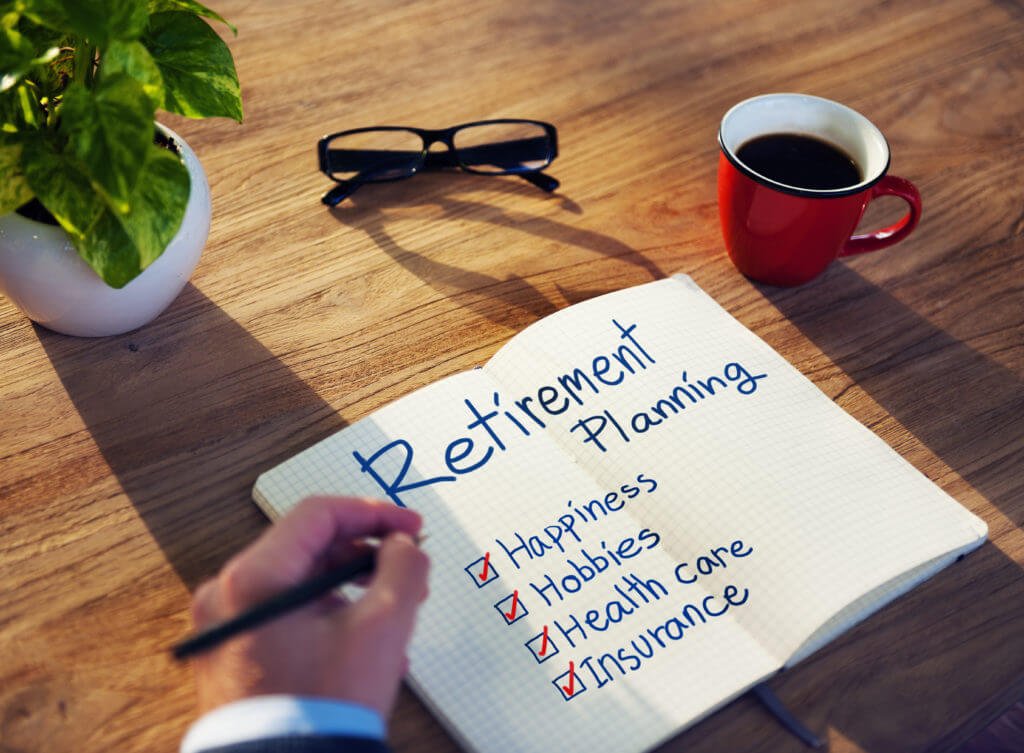Content
- Recent Issues
- Why Seeking Unconditional Love Can Destroy Relationships
- Personal Growth
- Family Life
- Romantic Relationships In Early Recovery: Some Tips
- Leaving A Relationship While In Recovery
- Healthy Or Toxic? Knowing Right From Wrong Relationships In Recovery
- Replacing Drug Addiction With Love Addiction
Learning to feel emotions again, including positive feelings of love and intimacy, can be one of the most challenging parts of recovery, but also one of the most rewarding. Dating for people in recovery can be hazardous when people try to seek comfort in relationships to replace the comfort that they used to get from using. Individuals may seek theeuphoric feelingthat can come from a brand new, exciting relationship.
- However, you should first determine which relationships are healthy and worthy of constructing , and which relationships will only threaten your recovery.
- Led by Bob , the crew’s struggle shows how substance users often structure their entire lives around their habits, presenting a realistic picture without serving as a strict cautionary tale or over-moralizing.
- The information we provide is not intended to be a substitute for professional medical advice, diagnosis or treatment.
- Taking it slow may mean going on several dates with no physical contact or delaying intimacy until both are ready to establish a clear commitment.
- However, most of the time people ask questions because they genuinely wish to know more.
This is the time for trusting your partner to accept you as you are and to build trust within your relationship. Remember that your first priority is to yourself and your recovery. Rather than being self-centered, or egotistical, this is a self-focused approach.
Recent Issues
The toxic relationships are with the people who laughed when you said it was time to make a change. The people who made you feel bad about yourself, that were abusive, controlling, or overbearing. The people who continue to offer you drinks or drugs, despite your commitment to sobriety. The people you used to take drugs with, and the relationships that were founded on the basis of partying and getting high. These are the people that can threaten your sobriety, the relationships that will only be toxic for your future.
- Dating for people in recovery can be hazardous when people try to seek comfort in relationships to replace the comfort that they used to get from using.
- This allows them the freedom to enjoy a drink while preventing you from being in an environment that could trigger a relapse.
- At times, though, no matter how much effort the couple puts into the relationship, there is no way to continue in a healthy manner.
- With enabling, the person also takes responsibility for the other person’s actions, which inadvertently rewards the person’s unwanted behaviors.
- Be a good listener.Feeling valued is important in all relationships, and listening carefully to the other person will establish this.
A partner can help with the acquisition and practice of new, positive coping skills. Having a partner with established communication and emotional coping strategies can help the recovering partner learn and practice such skills by providing invaluable feedback and modeling. As human beings, we are biologically programmed to form relationships.
Why Seeking Unconditional Love Can Destroy Relationships
You have made a firm commitment to living according to a certain set of values, including honesty and integrity. Valentine’s Day brings with it thoughts of love, but for those involved in romantic relationships in early recovery, such love can be a sobriety hazard. Verywell Mind’s content is for informational and educational purposes only. Our website is not intended to be a substitute for professional medical advice, diagnosis, or treatment. It doesn’t have to be your opener, but your partner needs to know early on that sobriety is a top priority for you. You’ll need their full support in order to make the relationship work.
Finally, Smith suggests, communicate with those in your recovery network. Talk to your sponsor and your support system, about the relationship itself and the issues that will inevitably arise when you embark https://ecosoberhouse.com/ on a new emotional adventure. It’s important to rely on those you trust to help you see what you can’t, provide a sounding board for problems and call you out when you can’t see how you may be in the wrong.
Personal Growth
Contrary to what a lot of people think – that an addict’s job is the first thing to go – drug use shows up first in the dysfunction of the addict’s relationships. Most recovering addicts have a long history of dysfunctional and destructive relationships. Early in recovery, relationships are one of the leading causes of relapse. Although the Big Book of AA doesn’t offer guidelines on dating in recovery, addiction counselors strongly advise waiting until a person has achieved one year of sobriety. If someone has an issue with your sobriety , know how to walk away. Negative relationships can place a lot of stress on your recovery journey, while positive relationships can help you find the support and esteem you need to maintain sobriety long-term. As much as you want romance to work in recovery, it is not advised.
Alcohol, in particular, holds a pervasive influence over many facets of the American dating scene. In fact, our culture seems to consider alcohol vital to alleviate the pressure of dating. Even if dating is successful and a relationship develops, further risk exists with the potential for heartbreak.
Other dangers of dating too soon can include feeling pressured to enter and stay in a relationship or becoming too dependent on one. People may attempt to fix another person, or expect to get rescued. Individuals can get caught up in lust, share too much about themselves or not share anything at all.
Family Life
This film provides a personal look at how a drug dependency can develop even in promising young people. Most importantly, Carroll illustrates how substance abuse can significantly affect the course of your life. Although drug dependency specialists advise against dating in early recovery, they recognize the benefits of human contact, as well.
This enabling behavior leads to short-term comfort but long-term problems. Relationships have many positive qualities to offer, but an unhealthy relationship can threaten a person’s well-being and recovery. Try to take an inventory of your past relationships and friendships. Who supported you and your recovery when you decided to stop using? Who respects the boundaries and goals you’ve set for your recovery?
Romantic Relationships In Early Recovery: Some Tips
You may be concerned about how others will react or judge you when you share your recovery status. Occasionally, such questions may be asked provocatively, questioning or even testing your commitment to recovery. However, most of the time people ask questions because they genuinely wish to know more. They may want to know why you’ve chosen this particular path because they have questions about their own alcohol or other drug use or are concerned about a family member or friend. Living with active addiction creates extraordinary relationship challenges and does considerable damage to significant relationships—with partners, parents, children, and close friends. The first few months of recovery from addiction are some of the most difficult. Insomnia, triggers, drug cravings, and the need to deal with emotions that were previously numbed with drugs make early recovery a period of enormous adjustment.
That’s why it’s wise to wait until you’re feeling healthy and strong before starting something new. When you’re in the vulnerable state of recovery, it can be tempting to rely on a partner to meet all of your emotional needs. This type of unhealthy attachment is basically a new addiction, posing a threat to your sobriety. There are different opinions on when and how to disclose your recovery status. Some people believe it’s important to be completely upfront and let others know that you are a person in recovery during your very first encounter.
- A codependent can be defined as an individual who has come to believe that supporting and even enabling addictive behaviors is the only way to maintain your acceptance, love, security, and approval.
- Do not get romantically involved with someone in the early stages of sobriety.
- When beginning to date again, Desloover cautions against focusing too heavily on attraction, appearance and external qualities.
- Prioritize honesty and openness in communication and feedback.
- Unfortunately, becoming involved in the wrong relationship can form a significant obstacle to staying sober.
Trainspotting – This graphic, controversial film was adapted from a novel by Irvine Welsh and illustrates the exploits of a group of heroin users living in Edinburgh. Each individual is shown to have unique perspectives and motivations. We follow Ewan McGregor’s Renton from the heights of ecstasy to the depths of misery, including a nightmarishly disturbing bathroom scene that represents a portrait of his life during drug dependency. Consider trying meditation and other relaxation practices to develop mindfulness.
Clearly communicate your limits when it comes to being around alcohol at dinner, parties, sporting events, etc. You need a partner who is willing to live within those limits, and possibly to attend substance-filled functions without you. These accreditations are an official recognition of our dedication to providing treatment that exceeds the standards and best practices of quality care.
They may have other mental health issues, compulsions and cross-addictions that need to be addressed as well, before they can truly focus on a relationship. People in recovery might choose to date a very different type of person when they first quit using as compared to when Should You Have Relationships in Recovery? they have achieved a year of sobriety, observes Desloover. Recovering people often have learned to either shut down and hold in their emotions for fear of being hurt or to romanticize their relationships and fall in love at the first opportunity, without discriminating.
Making the decision to walk away from a relationship can be difficult. In many situations, it can feel like all outcomes will be negative, no matter the choice. Relationships are wonderful ways to find happiness, connection, and closeness with another person. When a relationship is going well, it can add enormous amounts of comfort and security to a person’s well-being, but when the relationship is going poorly, it can become a source of stress and frustration.
Having been on both sides of active addition, both the person using, and the person affected by a loved one using drugs and alcohol, Lucas has been involved in recovery since 2009. In 2020, the opportunity presented to join in and start Illuminate Recovery. Understanding the importance of personalized treatment plans and the complex nature between substance abuse and co-occurring disorders, has helped Illuminate Recovery build a strong curriculum and a phenomenal staff. We offer treatment at every level of recovery, including detox, inpatient care, medication-assisted treatment, individual and group therapy, outpatient services, sober housing, and relapse prevention. Our comprehensive treatment programs focus on evaluating the full range of issues that lead to substance abuse.
Cultivating and maintaining supportive relationships takes time and energy. It requires effort, along with the strength and courage to step outside of one’s comfort zone. The “rush” of a new relationship can be emotionally damaging and can derail even the most valiant recovery effort. In most cases, individuals who can’t refrain from having a relationship in the first year of recovery are missing an opportunity to address the core issues underlying their addictions.
Replacing Drug Addiction With Love Addiction
People should beupfront with their dating partnersabout their recovery and frequent places that do not trigger them. People should take their new relationship slow, avoid making large decisions and make sobriety the main priority.





